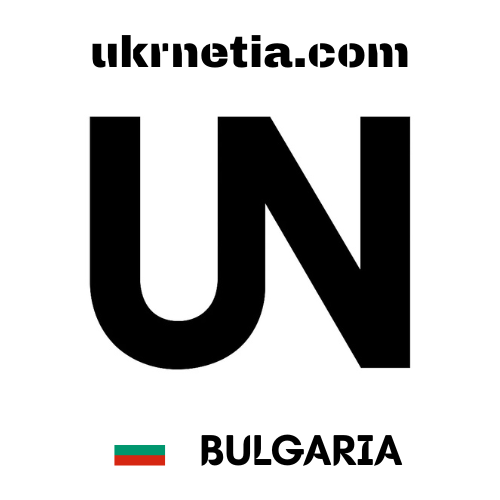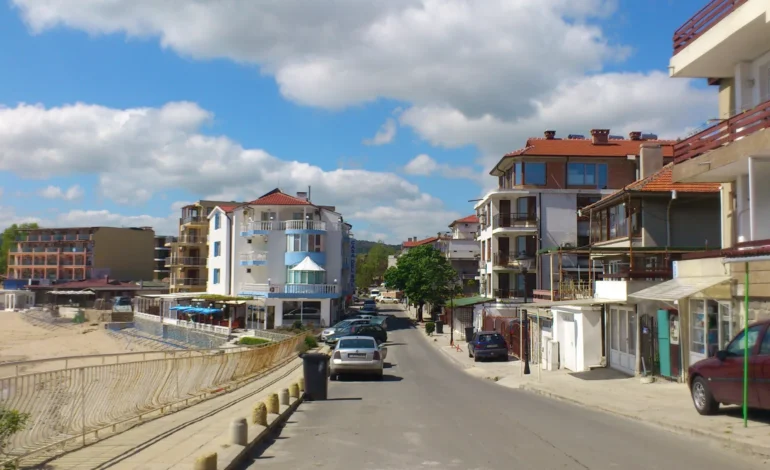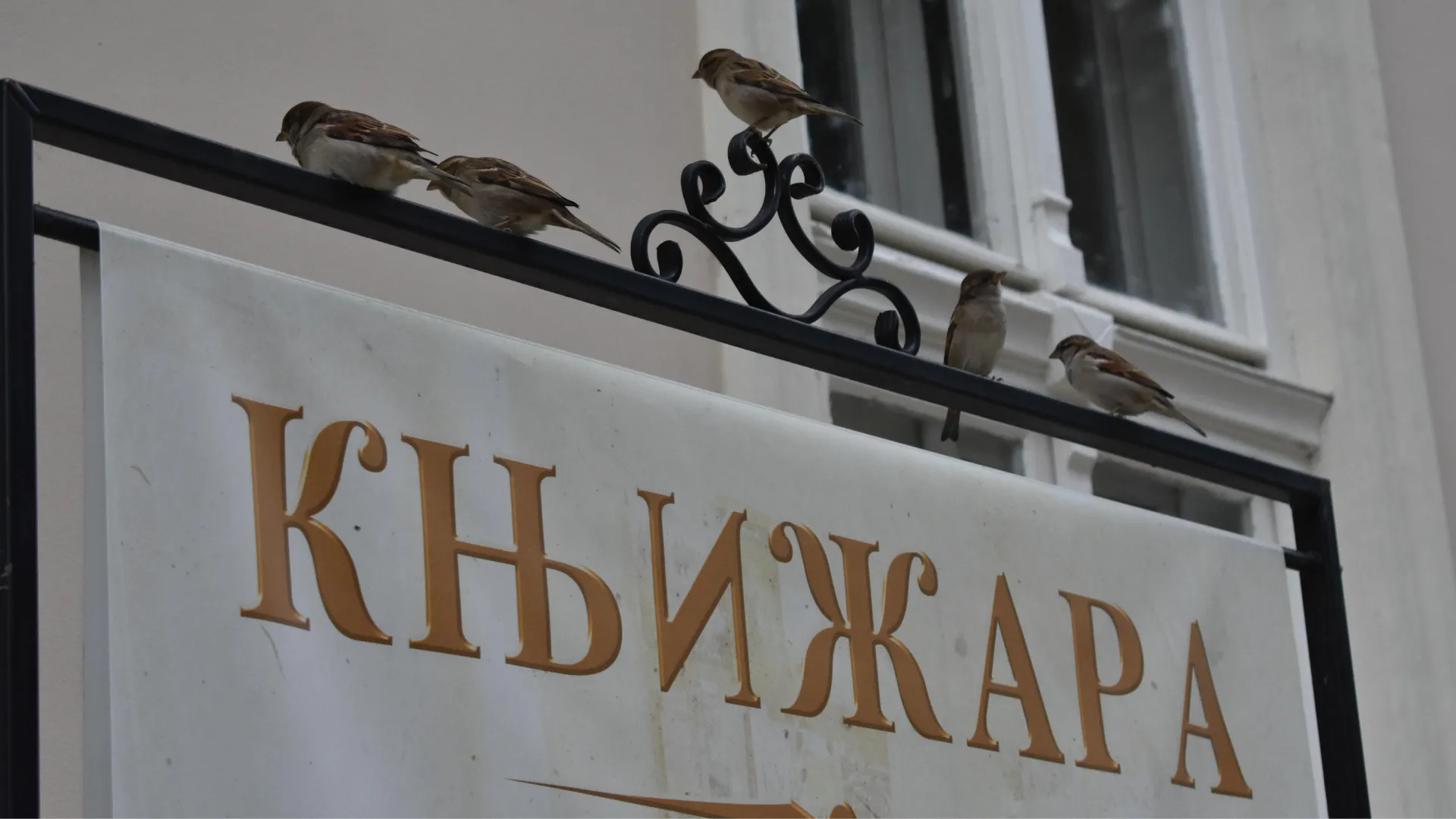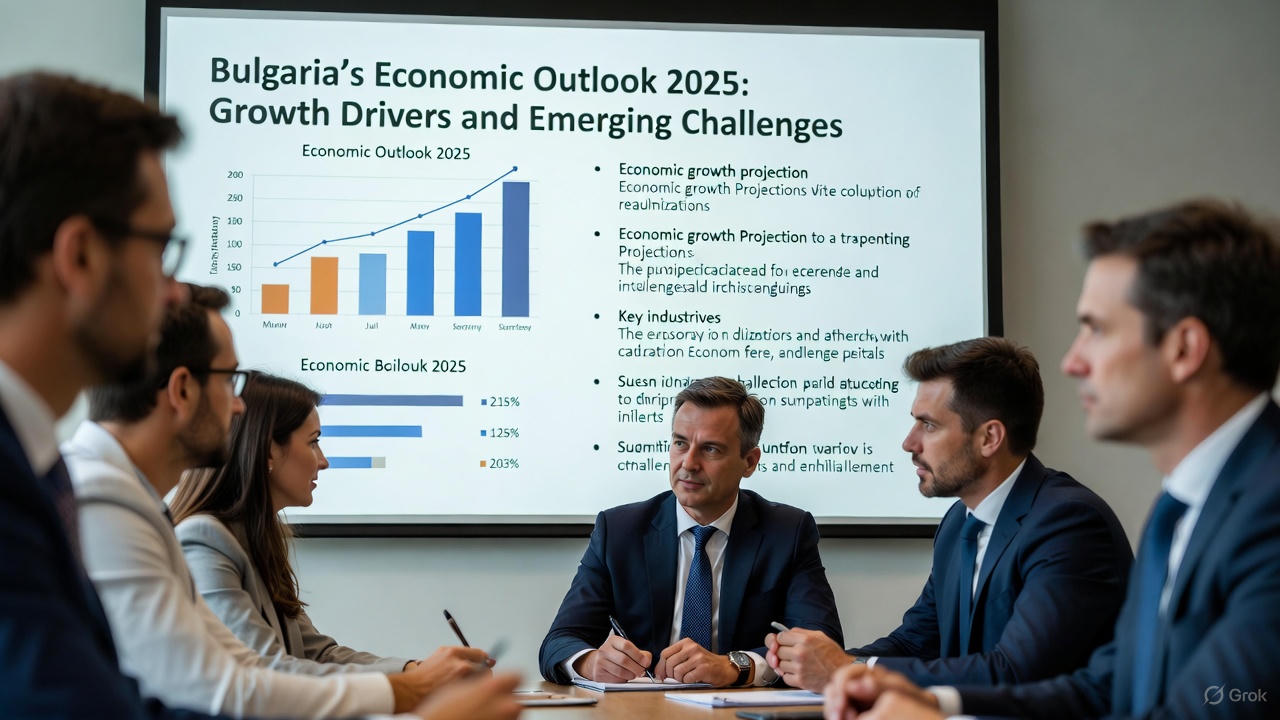Bulgaria’s move to seize Lukoil’s Burgas refinery — what it means for Russian influence in the EU
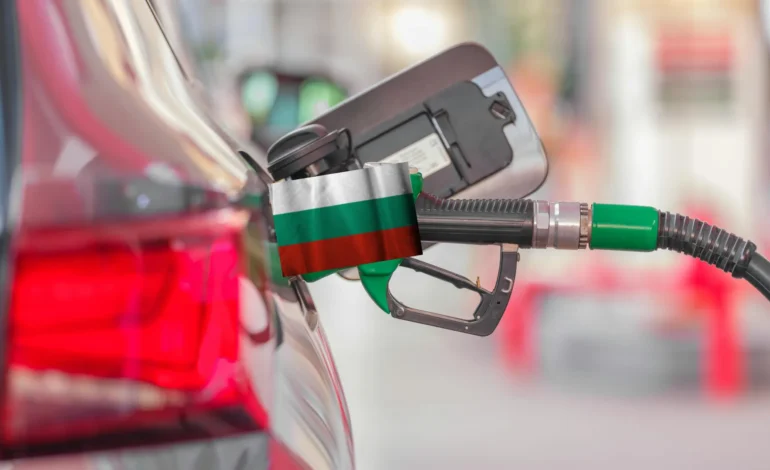
In November 2025 Bulgaria fast-tracked legal measures to place the Lukoil Neftochim Burgas refinery under state supervision via a government-appointed special administrator, and has increased security around the site. The steps are framed as emergency measures to protect domestic fuel supplies in the face of looming U.S. sanctions on Lukoil; they also mark a meaningful shift in how an EU member state manages Russian-owned strategic assets. Below I lay out the facts, analyse motives and risks, and make reasoned assumptions about how this development may contribute to a longer-term reduction of Russian economic and political leverage in the EU.
What happened (key facts)
-
Bulgaria’s parliament adopted emergency amendments permitting appointment of a special commercial administrator who can exercise shareholders’ voting rights, change management bodies, and — if necessary — approve the sale or nationalisation of assets tied to Lukoil’s Bulgarian operations (notably the Burgas refinery and Lukoil’s fuel retail network). bta.bg
-
Authorities increased security at the Burgas refinery and said inspections were under way to ensure continued operations and to guard critical infrastructure ahead of U.S. sanctions on Lukoil that were due to take effect later in November 2025. Bulgaria has also temporarily restricted some fuel exports to protect domestic supply. Reuters
-
The government frames the measures as pragmatic risk management: to avoid refinery shutdown, prevent supply shocks, and reduce the danger of secondary sanctions that could freeze operations even if ownership remains foreign. Critics warn of legal risk, economic cost, and politicisation of state intervention. AP News
Why Sofia is acting (reading between the lines)
Three immediate drivers explain the speed and scope of Sofia’s steps:
-
Energy security imperatives. Bulgaria depends heavily on the Burgas refinery for diesel, aviation fuel and domestic distribution. A stoppage — whether due to sanctions, banks withdrawing services, or forced divestment — would create urgent shortages. The emergency law is aimed at keeping fuel on the market.
-
Sanctions domino effects. U.S. designation of Lukoil subsidiaries set off a chain: international traders pulled back, financial counterparties grew wary, and private buyers backed away from takeover deals. State action is being used to manage asset continuity while ownership questions are unsettled.
-
Political signalling. Fast-tracking capability to control or sell the asset signals that EU member states will not be passive when strategic infrastructure tied to Russia becomes a systemic risk. It also sidelines unilateral Russian leverage over domestic markets.
Legal and economic mechanics — what “nationalisation” can look like here
The Bulgarian amendments do not (as phrased publicly) read like a permanent expropriation immediately transferring title to the state. Instead, the legal toolkit includes:
-
Appointing a special commercial administrator (SCA) with broad interim powers over governance and transactions; removal of temporal limits on that role; and authority to approve sales. That effectively allows operational control and paves the way to sell to third parties or, if judged necessary, move toward state ownership.
-
Emergency export restrictions and stock inspections to secure domestic supply while the legal architecture is in force.
This phased approach reduces the immediate shock of abrupt expropriation, but leaves open costly legal disputes (international arbitration, investor-state claims) and the fiscal burden of managing or compensating the owner if nationalisation occurs. fakti.bg
Assumptions about Kremlin influence and EU resilience
Below are reasoned assumptions (not assertions) about how this episode affects Russian influence in the EU:
-
Short-term reduction in leverage over critical infrastructure. If states can lawfully intervene to keep strategic assets operating under domestic control or sell them to non-Russian buyers, this reduces a direct lever Moscow holds — i.e., the threat of cutting supply or exerting commercial pressure through ownership. Bulgaria’s move is an example of that principle in action.
-
Medium-term spillovers across EU member states. Other EU countries with Russian-owned energy or industrial assets (refineries, ports, logistic chains) will watch Sofia’s legal model closely. If successful at maintaining supplies without prohibitive legal costs, the model could be copied — accelerating de-Russianisation of key nodes in European energy value chains. Evidence of similar moves or contingency planning is already visible in Romania and elsewhere. United24 Media
-
Economic decoupling is uneven and costly. Asset transfers, new owners, or state management do not instantly replicate the specialised expertise, supply relationships and capital that incumbent firms had. Expect transitional disruptions, legal disputes, and fiscal costs. Russia’s ability to influence Europe through other channels (energy markets, political networks, disinformation) will persist even if direct ownership is reduced.
-
A strategic policy shift in the EU’s external economic posture. The willingness of member states to prioritize domestic resilience over private property norms in exceptional cases suggests an EU landscape where geoeconomic security considerations gain weight — especially for infrastructure classed as critical. That weakens one pillar of Russia’s soft power: the economic interdependence that gave Moscow political sway. The Guardian
Risks and countervailing dynamics
-
Legal exposure and investor confidence: Rapid emergency measures risk arbitration claims and could deter future foreign direct investment unless governments pair interventions with transparent compensation frameworks and clear timelines. That is a macroeconomic risk for smaller EU economies.
-
Tit-for-tat and escalation: Moscow may respond with sanctions, trade reprisals, or asset seizures targeting host-country interests, complicating bilateral relations and energy markets. Armenia, Belarus-linked supply chains, or third-party intermediaries could be used to re-route influence.
-
Operational continuity versus politics: If state control is mismanaged or perceived as political looting, public trust and market functioning may suffer. The technical requirement to run a modern refinery is non-trivial; effective management and a credible divestment plan matter. Anadolu Ajansı
Conclusions — how significant is this for the decline of Russian influence in the EU?
Bulgaria’s actions are symbolically and practically significant. Symbolically, they show that EU member states will assert sovereign control to protect critical infrastructure from the secondary effects of sanctions and to limit foreign political leverage. Practically, they create a legal pathway to remove Russian control over lucrative and strategic assets, which — if replicated with careful legal safeguards across the EU — will materially shrink Russia’s direct economic foothold in Europe.
However, this is not a singular turning point that ends Russian influence overnight. The reduction will be gradual and uneven: some sectors and countries can transition faster (fuel retail networks, refineries where buyers exist), while others (gas transit, long-term contracts, political influence channels) will remain harder to disentangle. The net effect over 2–5 years, assuming coordinated EU policy and functioning legal remedies, would plausibly be a measurable decline in Russia’s economic leverage — accompanied by new legal and fiscal challenges for member states.
Policy recommendations for EU and Bulgaria (practical implications)
-
Transparent compensation framework: To preserve investor confidence, Bulgaria (and other states considering intervention) should publish clear rules on valuation, compensation and timelines for state control or sale. This reduces the probability of protracted arbitration and contagion to other investment flows.
-
Regional coordination: The EU should coordinate contingency planning (fuel distribution corridors, temporary exemptions for military/medical supplies) to prevent supply friction between neighbors. Shared procurement or strategic stockpiles can buffer shocks.
-
Privatisation or sale to vetted third parties: Where possible, transition assets to credible non-Russian buyers with industry expertise, subject to national security vetting — faster than permanent state ownership and less costly for public budgets. eualive.net
-
Legal and diplomatic preparation: Prepare for likely legal challenges and diplomatic fallout; invest in legal teams, arbitration funds, and maintain channels for dialogue with international partners to mitigate escalation.
Final note
Bulgaria’s move to assert control over Lukoil’s Burgas refinery is a case study in how an EU member state balances market law, national security and geopolitics under rapid sanctions pressure. It reduces one vector of Russian leverage in Europe, but at the price of legal complexity and transitional economic costs. Whether it becomes a template for broader de-Russianisation in the EU will depend on the technical success of the transition, political resolve across member states, and the ability to manage legal and economic side effects.
